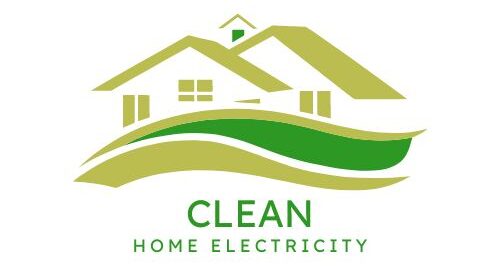Comprehensive Installation Guides for Home Solar Energy
Embarking on the journey of installing a home solar energy system begins with a critical initial assessment of your property’s solar potential. This involves evaluating the orientation and tilt of your roof, the amount of sunlight your locale receives throughout the year, and any potential shading from surrounding buildings or trees. By conducting a thorough solar assessment, you can determine the optimal placement and size of your solar panels to maximize energy production.
The step-by-step installation procedure for a solar energy system includes several vital stages. First, selecting the right solar panels and inverters is crucial. Panel efficiency, wattage, and durability are key factors to consider. Inverters, which convert the direct current (DC) produced by solar panels to alternating current (AC) used in homes, must be compatible with your chosen panels and meet your household energy requirements.
Once your equipment is selected, the installation process can proceed. Typically, this starts with securing the necessary permits from local authorities. Afterward, mounting hardware is fixed to your roof to support the panels. The solar panels and inverters are then installed and connected to your home’s electrical system. Throughout this process, adherence to safety guidelines is paramount to protect installers and ensure system reliability.
Hiring qualified installation professionals can significantly impact the efficiency and reliability of your solar energy system. Look for certified installers with a track record of successful installations and customer satisfaction. These professionals should also provide a sound warranty and after-sales support.
Maintenance is essential to the long-term performance of your solar energy system. Regularly cleaning the panels to remove dust and debris can enhance energy absorption. Additionally, periodic inspections by a professional can identify and rectify potential issues early, ensuring your system operates at optimal efficiency for years. Implementing these practices guarantees that your solar investment yields the maximum possible return.
“`html
Understanding the Costs and Financial Benefits of Solar Energy
Switching to solar energy involves an initial investment, but understanding the costs and financial benefits can clarify why it’s an impactful decision for homeowners. The primary costs are typically associated with purchasing the solar panels, inverters, mounting hardware, and installation services. These expenses can vary based on the size of your home and the amount of energy you need to generate. However, several financing options can make these upfront costs more manageable.
One of the most common financing options is a solar loan, which allows homeowners to spread the cost over several years. Alternatively, solar leases and power purchase agreements (PPAs) enable you to rent the equipment or purchase the power it generates without owning the system outright. Each financing method has its unique benefits; evaluating them according to your financial situation is essential.
Government incentives play a significant role in reducing the overall cost of solar installation. Federal tax credits, for example, can cover up to 26% of the installation cost, a substantial saving. Additionally, many states offer rebates, tax credits, and other incentives that vary based on your location. Some utilities also provide incentives or performance-based rebates that reward you for the energy your system produces.
Beyond the initial investment, homeowners must consider the long-term savings. Installing a solar energy system can significantly reduce, or in some cases, eliminate your monthly electricity bills. Over time, these savings can offset the initial investment and lead to a substantial return on investment (ROI). Calculating your break-even point, the time it takes for the savings to surpass the investment, can provide a clear picture of financial benefits.
Moreover, solar energy systems often increase property value. Homes equipped with solar panels are seen as more valuable and attractive to potential buyers. This increased property value ensures that solar energy remains a sound investment, not just from an energy savings perspective but also as an asset to your home’s overall worth.
“`
